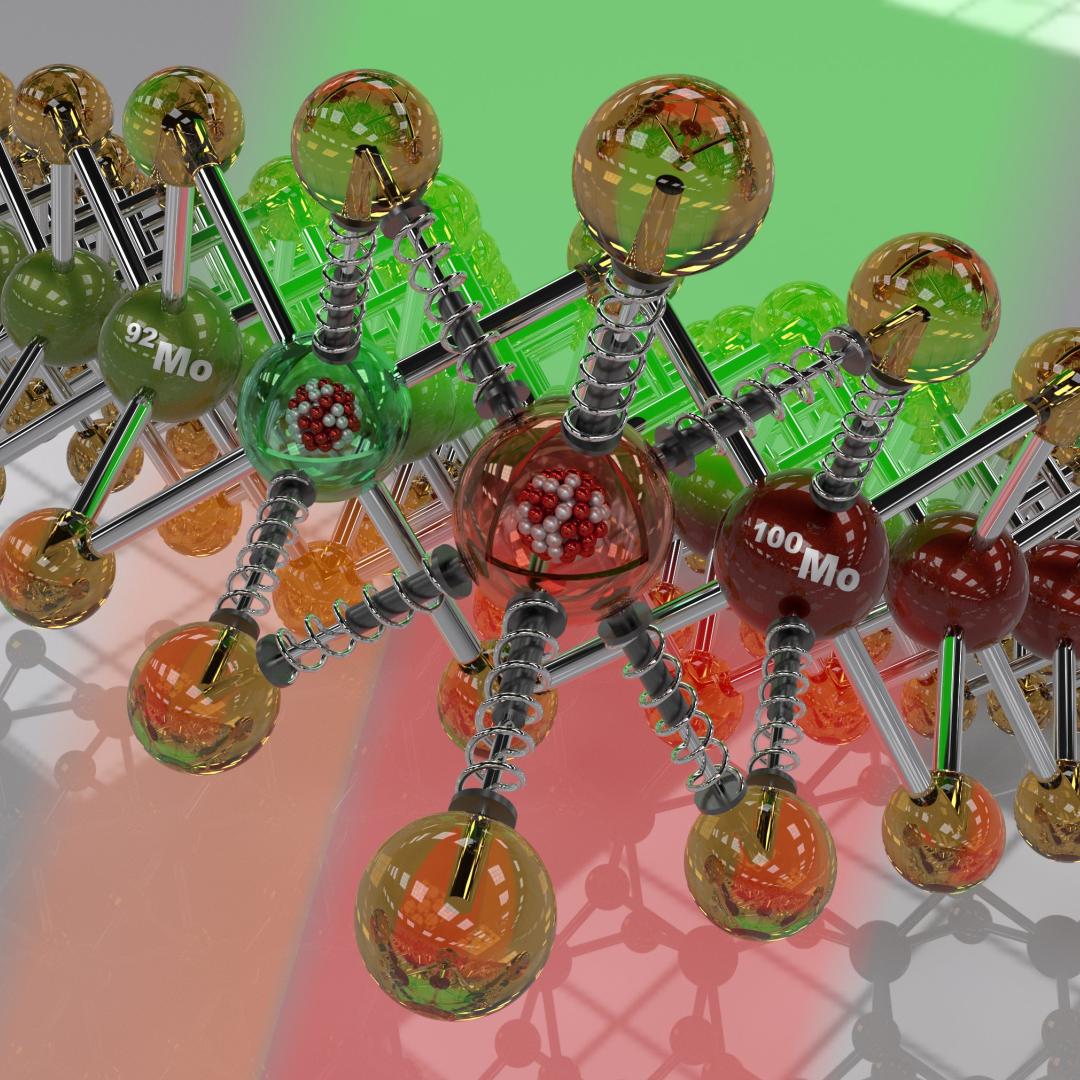Filter News
Area of Research
News Topics
- (-) Polymers (6)
- 3-D Printing/Advanced Manufacturing (13)
- Advanced Reactors (1)
- Artificial Intelligence (4)
- Bioenergy (8)
- Biology (4)
- Biomedical (3)
- Buildings (2)
- Chemical Sciences (19)
- Climate Change (5)
- Composites (3)
- Computer Science (8)
- Coronavirus (2)
- Critical Materials (7)
- Cybersecurity (3)
- Decarbonization (4)
- Energy Storage (19)
- Environment (7)
- Exascale Computing (1)
- Frontier (2)
- Fusion (2)
- Grid (2)
- High-Performance Computing (2)
- Isotopes (5)
- ITER (1)
- Machine Learning (2)
- Materials (38)
- Materials Science (35)
- Microscopy (12)
- Molten Salt (2)
- Nanotechnology (21)
- National Security (3)
- Net Zero (1)
- Neutron Science (18)
- Nuclear Energy (2)
- Partnerships (7)
- Physics (14)
- Quantum Computing (1)
- Quantum Science (10)
- Renewable Energy (1)
- Security (1)
- Summit (1)
- Sustainable Energy (7)
- Transformational Challenge Reactor (1)
- Transportation (4)
Media Contacts
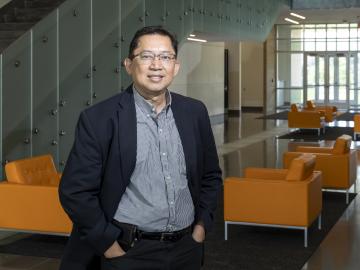
Rigoberto Advincula, a renowned scientist at ORNL and professor of Chemical and Biomolecular Engineering at the University of Tennessee, has won the Netzsch North American Thermal Analysis Society Fellows Award for 2023.
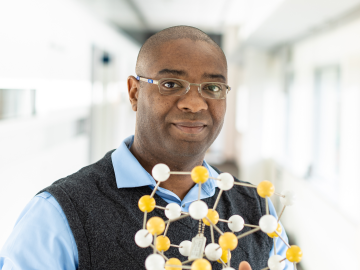
ORNL has been selected to lead an Energy Frontier Research Center, or EFRC, focused on polymer electrolytes for next-generation energy storage devices such as fuel cells and solid-state electric vehicle batteries.
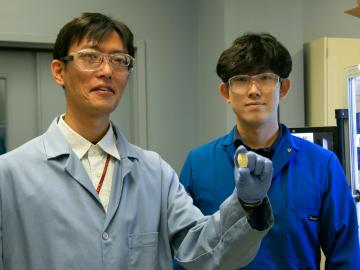
ORNL researchers have developed an upcycling approach that adds value to discarded plastics for reuse in additive manufacturing, or 3D printing.
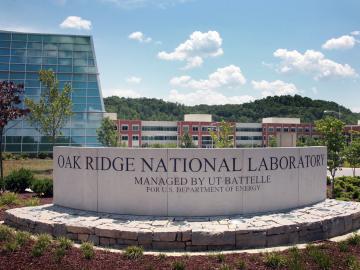
Ten scientists from the Department of Energy’s Oak Ridge National Laboratory are among the world’s most highly cited researchers, according to a bibliometric analysis conducted by the scientific publication analytics firm Clarivate.
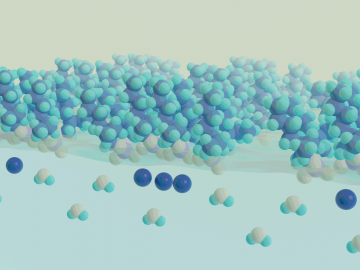
Real-time measurements captured by researchers at ORNL provide missing insight into chemical separations to recover cobalt, a critical raw material used to make batteries and magnets for modern technologies.

OAK RIDGE, Tenn., Feb. 27, 2020 — Researchers at Oak Ridge National Laboratory and the University of Tennessee achieved a rare look at the inner workings of polymer self-assembly at an oil-water interface to advance materials for neuromorphic computing and bio-inspired technologies.



